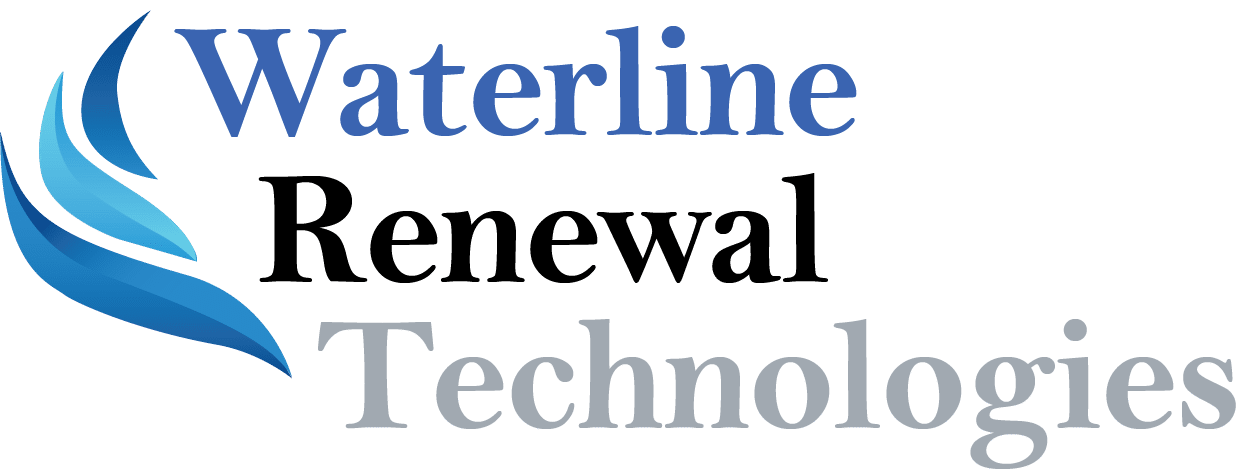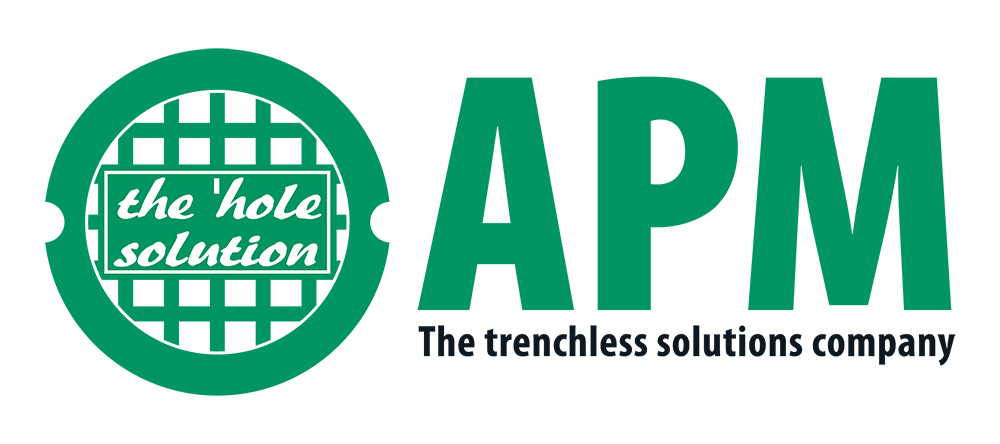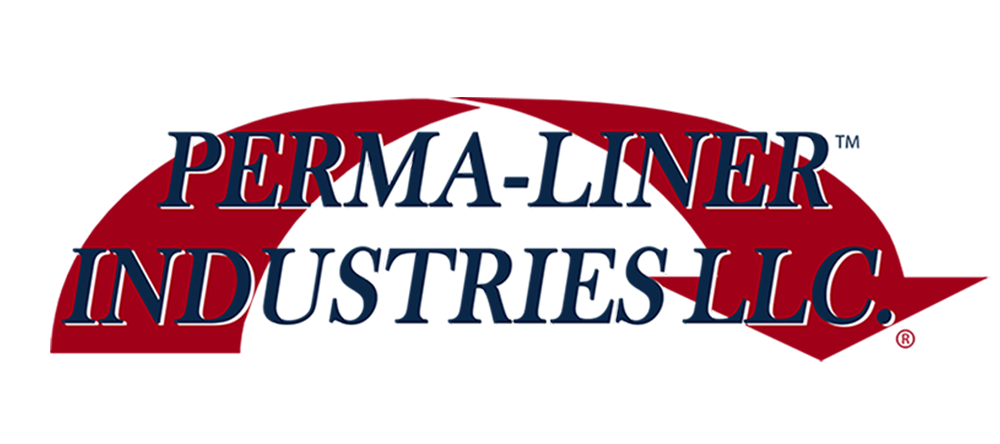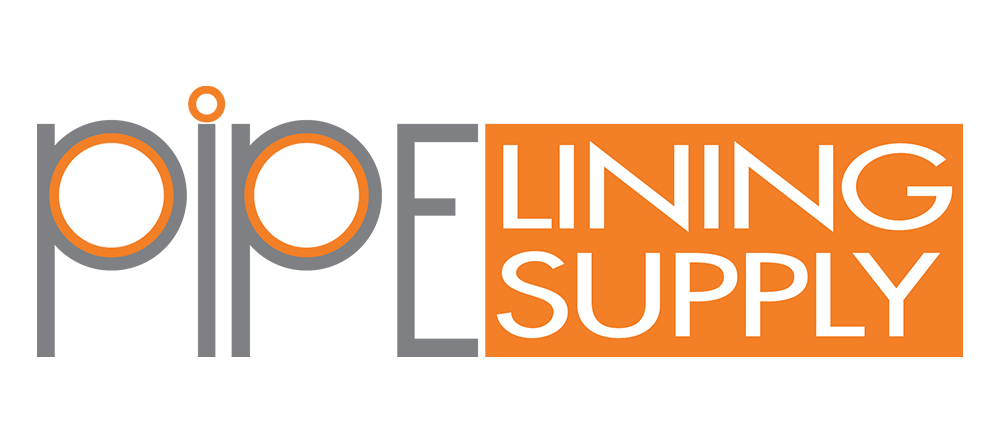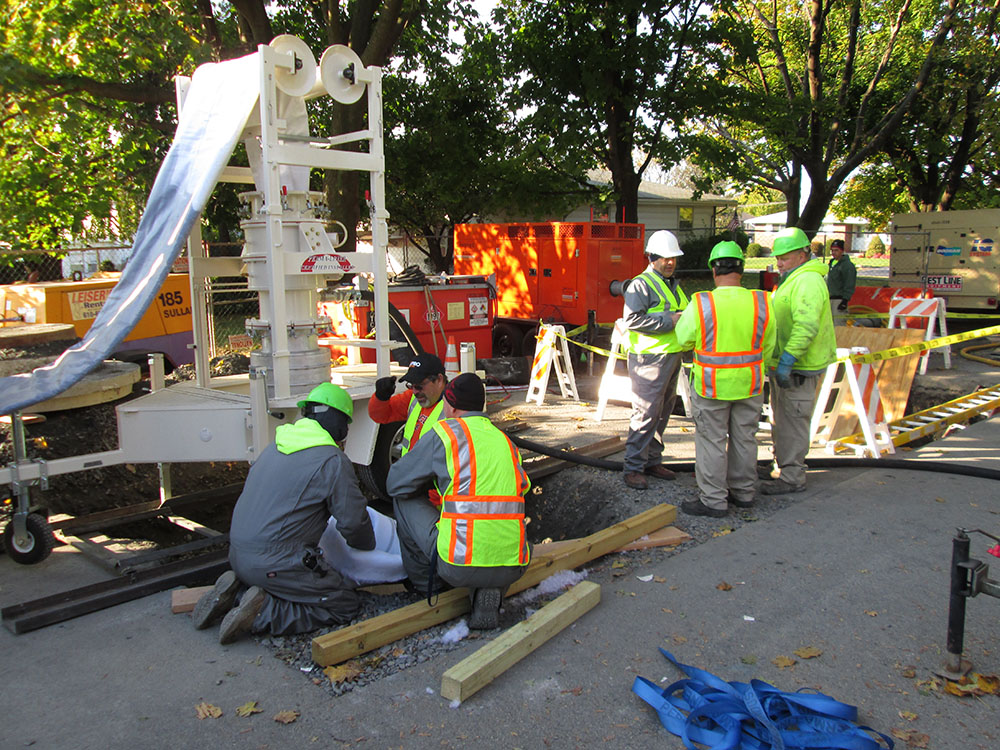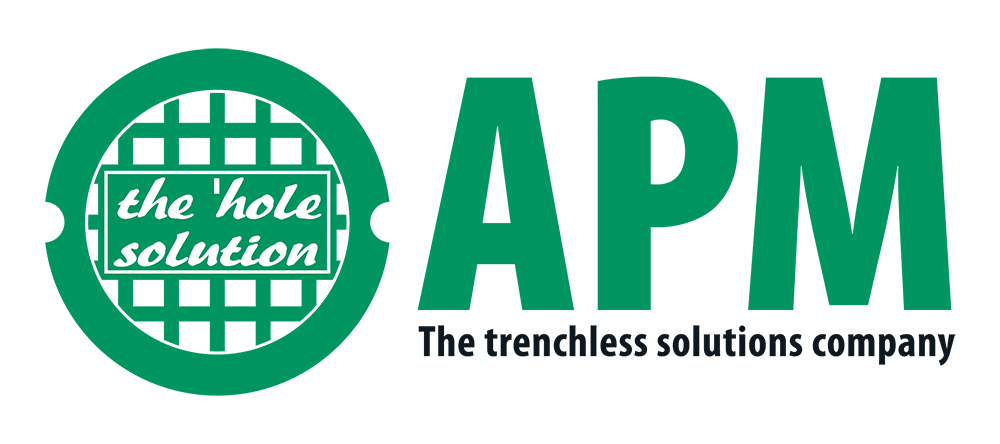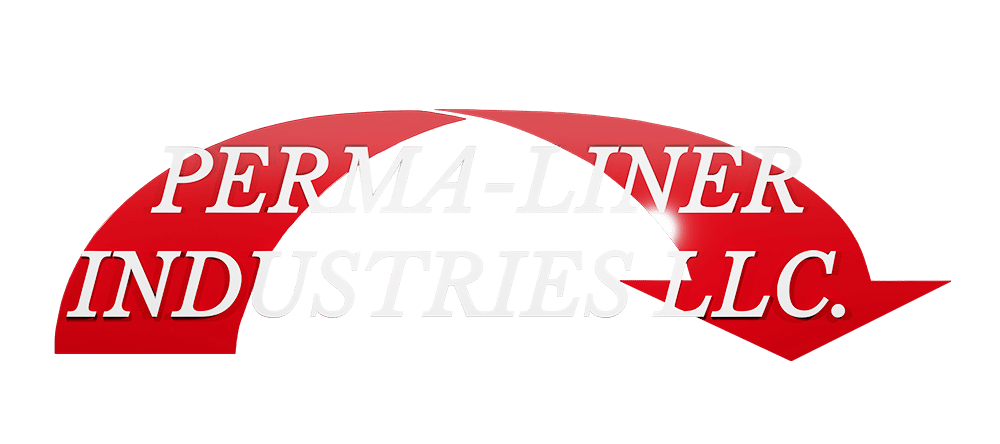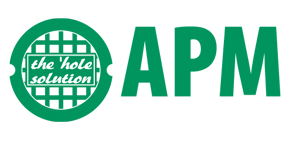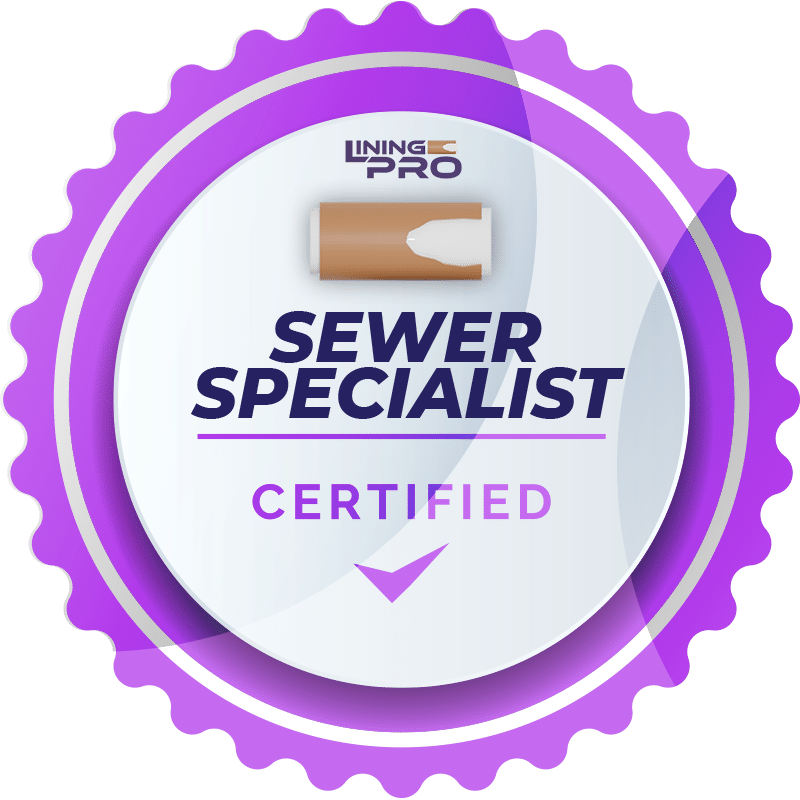Could public notification be on the way to let residents know about sewage overflows? If a bill passes in Massachusetts, that’s exactly what will happen. The public should be aware of what’s in their water and to this date, there’s not law requiring city officials or water treatment plants to notify them.
You may be asking how in 2019 we could still have raw sewage in our rivers, the answer is due to combined sewer overflow.
Throughout Massachusetts, approximately 200 active outfall pipes located in 18 cities discharge billions of gallons of sewage annually. And climate change is going to make the problem worse. Scientists predict that in the future, the Northeastern part of the United States will receive more precipitation in shorter, more intense bursts. It’s a recipe for disaster in terms of sewage overflows.
Combined sewer overflows are present and for those who know about them, they don’t want them. Eliminating them completely is extremely costly (we’re talking billions of dollars) and will take years, so water advocates are pushing for a more modest, short-term goal: just letting the public know when there’s sewage in the water.
In most sewer systems in the country, domestic and industrial wastewater flows through one pipe, while stormwater flows through another. The wastewater ends up at a treatment plant, and the stormwater in a river, stream, harbor or other body of water.
In a combined system, wastewater and stormwater travel in the same pipe. Most of the time, this system works just fine, and the combined water goes to a treatment plant for cleaning. But when there’s a massive rain event, the volume of water exceeds pipe capacity and overwhelms the sewer system. Rather than let sewage back up into your house or the streets, a combined sewer overflow system is designed to discharge into nearby water.
According to data from the Massachusetts Water Resources Authority, the Charles River has 10 outfall pipes that released more than 29 million of gallons of sewage in 2017, and the Mystic River/Chelsea Creek has eight outfalls that discharged more than 78 million gallons. Combined sewer overflows in the Merrimack River dumped 770 million gallons of sewage in the river in 2018.
Each state is different when it comes to reporting combined sewer overflows, but in Massachusetts, sewer operators are required to report a combined sewer overflow event to state and federal agencies. However, they don’t need to report it to the public. That doesn’t seem to make sense when it involves public health.
Totally eliminating combined sewer overflows would be disruptive and cost an astronomical amount. Cities would have to dig up sewer pipes under concrete and landscape and literally separate the two systems. This has happened on a small scale in some areas of Cambridge and Brookline, but replacing throughout the state is a much bigger task.
Some cities do inform the public of a discharge but most keep it quiet. Fourteen states have mandatory notification laws for combined sewer overflows.
Earlier this year, three state legislators filed a bill — An Act Promoting Awareness of Sewage Pollution in Public Waters — in both chambers of the State House.
The bill would require that CSO operators notify local health officials of any discharge within two hours, and that those officials immediately send an email or text to anyone who signed up to receive notification. The message would describe the location of the event, the estimated volume discharged, and any health recommendations, like not boating or fishing in the water for 72 hours.
In the past, similar bills haven’t survived, but due to some recent events, public awareness is currently at its peak for change.
